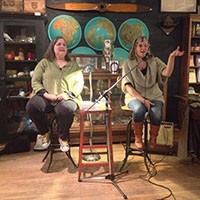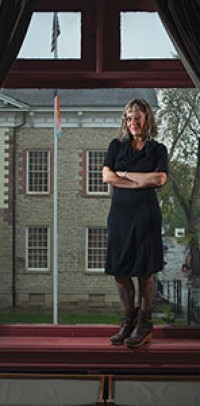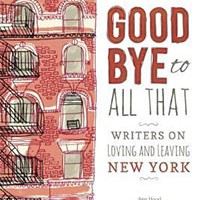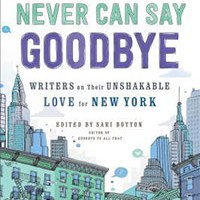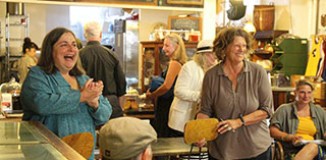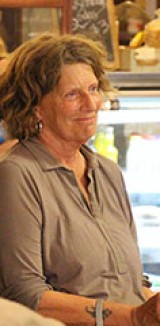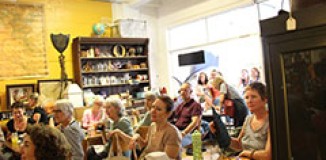WORD CAFE EVENT ARCHIVE
LISA A. PHILLIPS – 10/1/15
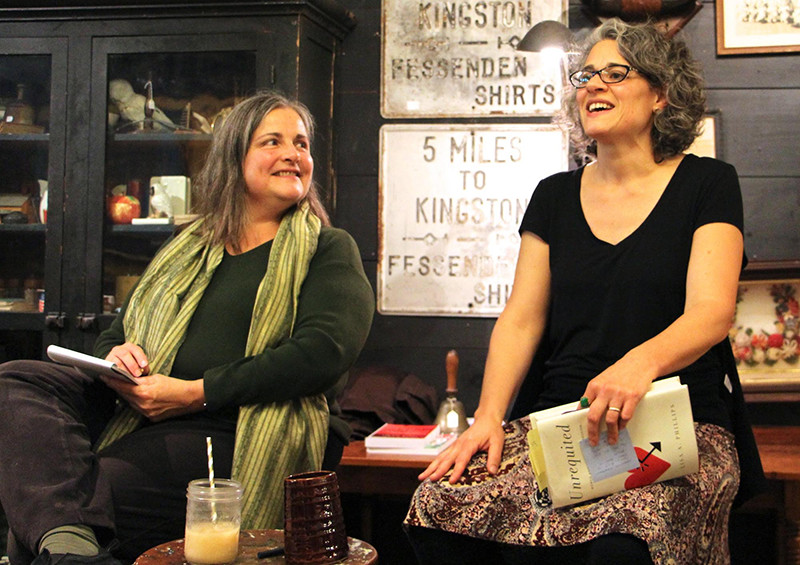
Journalist and author Lisa A. Phillips read a riveting selection from her book Unrequited: Women and Romantic Obsession. This led to an intense and fascinating free-range discussion of the book’s subject, and the parallels between romantic obsession and writerly obsession.
Lisa pointed out that “obsession can change you,” sometimes in positive ways. It can be a goad to self-transformation, provide a muse, make you work harder. A romantic obsession can be “much better on the page, on the canvas, out in the world doing good works–whatever you do to channel it in a healthy direction.”
Obsessive love is a perennial subject for literature of all sorts, and Lisa discussed “our current preoccupation with balance and regulation, when so much of the state of creating and the quest for love is unbalanced and tortured,” adding that desire and the chase are inherently suspenseful. Unrequited love keeps the reader hooked: will they ever get together? Nina noted that the urgency of a character’s drive to get what she wants makes for good drama; “I want you.”/”Okay.” is a very short play.
We also spoke about finding the courage to reveal behaviors you’re not proud of in memoir writing. Lisa says, “The distance of time really helped.” She was driven by wanting to understand what had happened to her, and to many others. Though she used her own experience as a narrative spine, Unrequited is also a work of journalism, touching on neuroscience, psychology, literature, and history, and incorporating other women’s personal stories. Why just women? Because the archetype of the male pursuer/stalker is more familiar. Women in obsessive love are judged by different standards, dismissed as “bunny boilers and psycho bitches.” Lisa wanted to take a closer look.
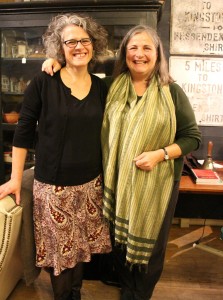
LISA’S EXERCISE:
“Writing about your obsession can be brilliant and cathartic. It can also be dangerous — creating a kind of myopic feedback loop that is more psychological torture than literary production.
How to get inside this fraught space without losing yourself to it? If you are currently obsessed with something, or someone, imagine your obsession as a story that is already over. If you’re not obsessed now but have been, your job is a little easier.
Here’s the writing prompt: Write about a moment in your obsession when you became unrecognizable to yourself. How did you feel? What did you do? What did you want to do but didn’t?
Feel free to work this fictionally by writing about the moment a character became unrecognizable to him/herself.
Free yourself to write without self-judgment.”
NINA’S EXERCISE:
Write a short poem, fictional story, or memoir piece in which every line or sentence starts with the words “I want,” except for the last.

